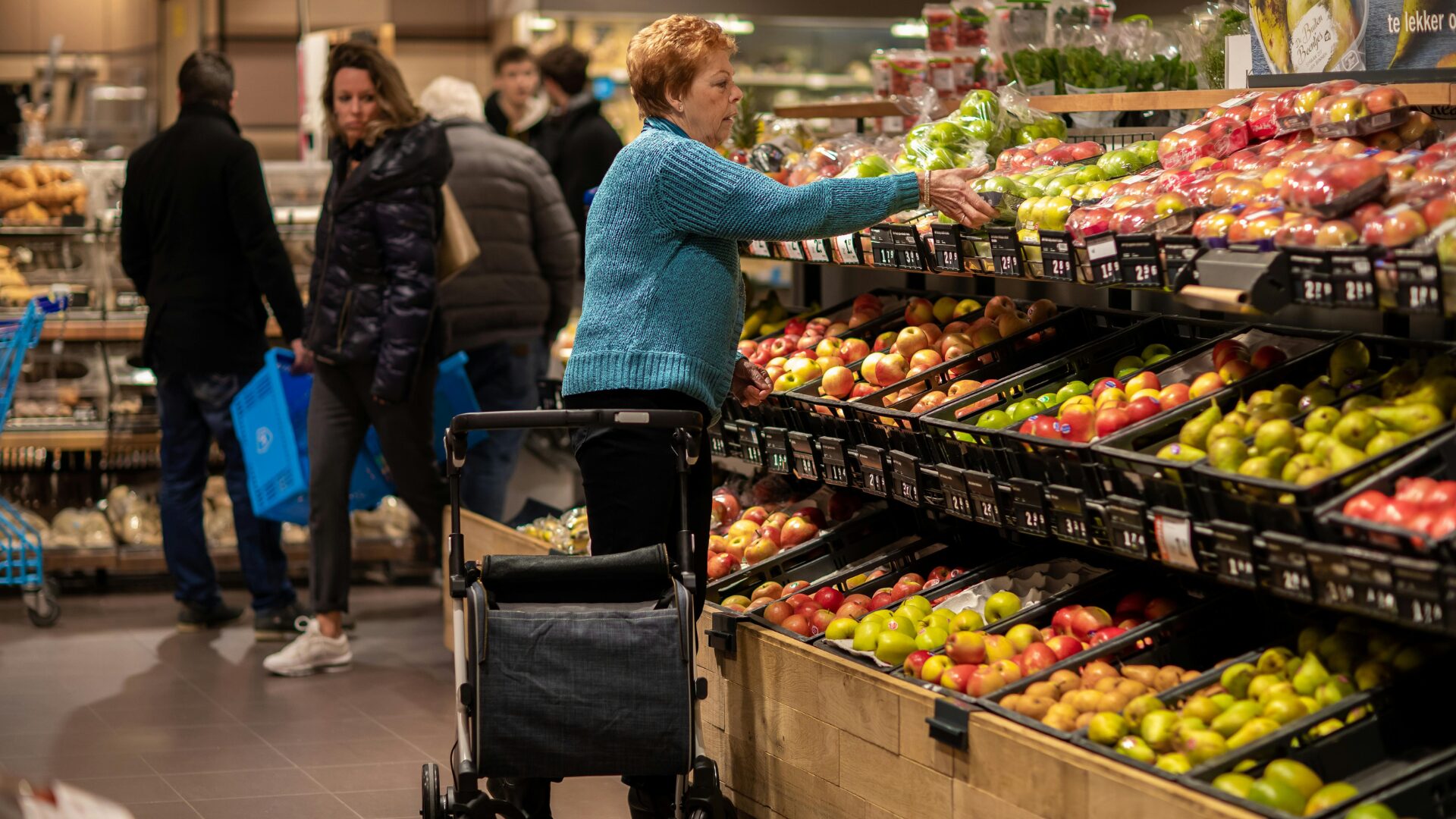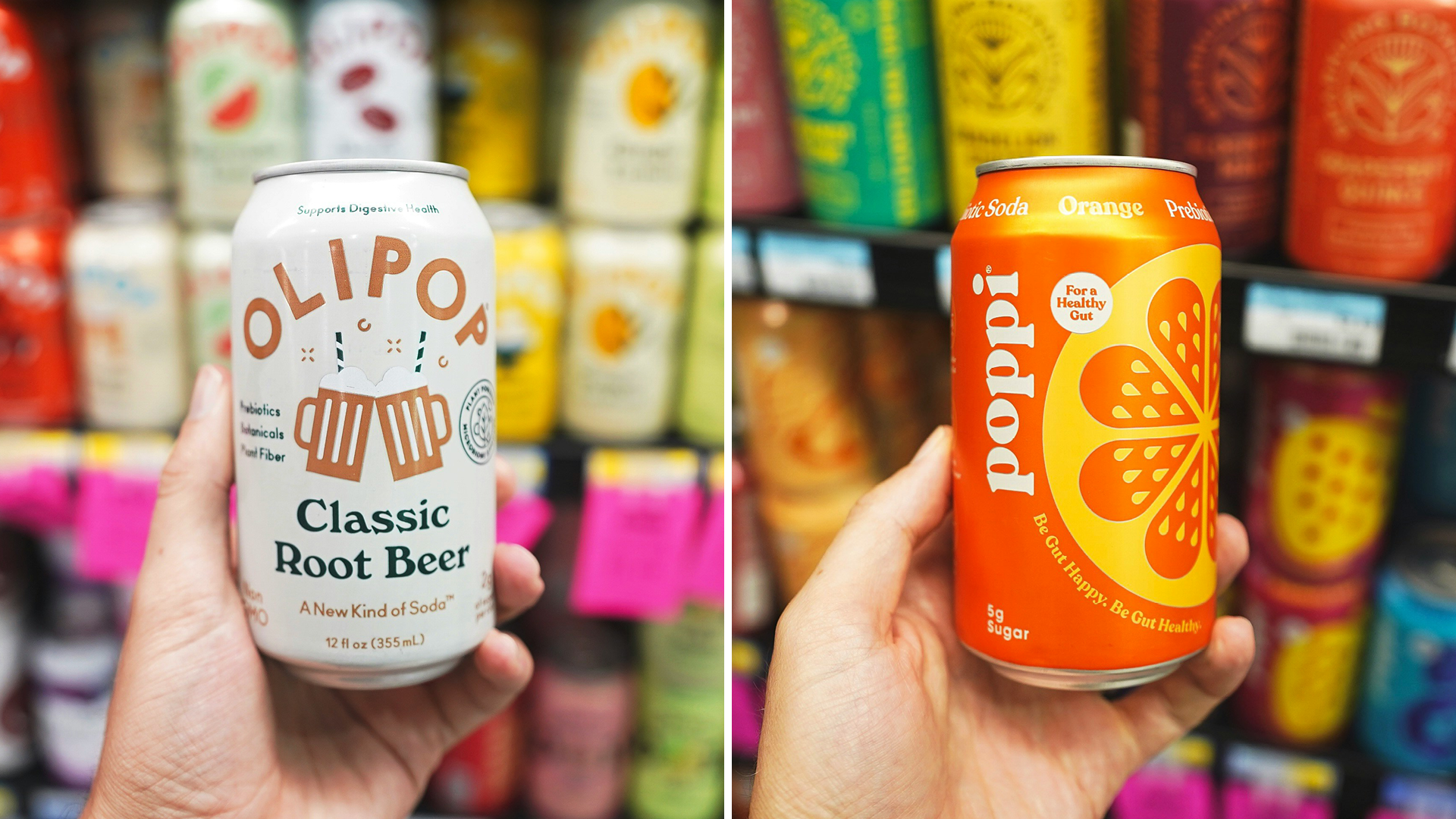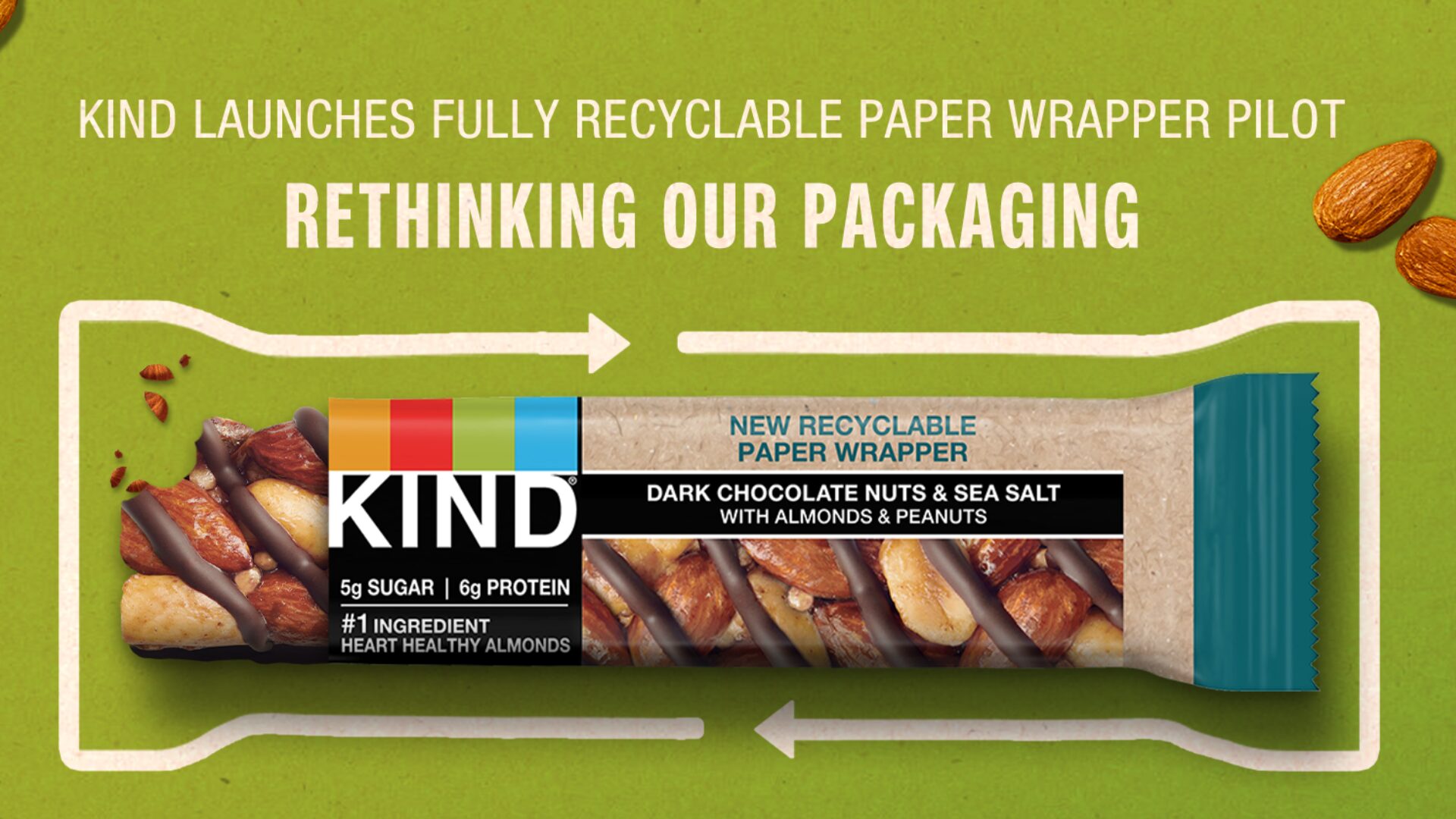The importance of offering sustainable products is hard to overstate — seven out of 10 consumers find sustainability more important today than they did two years ago, and more than half consider it “very important” according to Glow’s 2023 US Brand Sustainability Benchmark Report. Additionally, 63% of consumers say that their perception of a grocery or convenience store’s environmental, social, and governance (ESG) performance is influenced either “completely” or “a lot” by the brands the retailer stocks.
“Sustainability considerations have never been more important to consumers and a significant proportion of people, across all demographics, view it as a key decision-making criterion,” said Mike Johnston, Managing Director — Data Products at Glow. “It is vital that grocers recognize this and reflect the needs of their shoppers by stocking brands with strong ESG credentials — whether manufacturer brands or via their own label products. If they don’t, they will increasingly run the risk that customers will go elsewhere to buy specific brands that meet their values or simply switch to more aligned retailers. The upside is that stocking the right assortment is a clear opportunity to attract the growing cohort of customers who care.”
Johnston noted that price and quality still are and will likely remain two of the most important decision drivers. Shoppers still weigh their options to find ways to reduce their overall spend, however, without sacrificing too much in other areas, and for many shoppers sustainability is a factor they won’t compromise on. Johnston noted several benefits grocers can expect from maintaining a selection of sustainable goods:
- Keep as many sales of these (likely) higher margin products as possible.
- Maintain this demographic’s loyalty overall where equivalently credentialed ESG products are not available at lower priced competitor retailers.
- Ensure ethical consumers continue to shop with you, given their perception of your brand is significantly driven by the brands you stock.
Focusing on sustainable products can be particularly important in keeping shoppers from trading down in certain departments. Johnston noted that putting the right products front and center can be key for retaining and driving larger baskets from important demographics.
“Sustainability is a key barrier to trading down for certain customers; therefore, brands they see as leaders can act as anchors in keeping these shoppers with a grocer,” said Johnston. “Taking a department-level view could be even more impactful, given our research showed that sustainability was the top barrier against trading down for twice as many consumers as average in the Babycare department. For example, this department is generally a key component of larger shopping trips, while families are traditionally the largest spending household in grocery stores. Having a strong sustainability offering in Babycare could therefore have a significant impact on overall sales.”
Offering products with strong ESG claims can entice customers to try out new products. Johnston noted that this strategy is particularly effective among millennials, where seven out of 10 shoppers will switch to a more sustainable option. Developing new products based on customer demands and perceived gaps is one approach, and opportunities also exist for encouraging shoppers to discover brands already in a given grocer’s assortment. In this case, it’s just a matter of helping those brands get their messaging across.
“Our research shows that perceptions of the ESG credentials of brands are far weaker amongst non-buyers,” said Johnston. “With sustainability being a key consumer decision criteria this lack of understanding could be a barrier to trial of such brands. Grocers are in a strong position given their retail media assets to help sustainable brands by collaborating with the CPGs to better communicate their credentials. These opportunities are even greater for grocers where purpose driven/ethical shoppers make up a greater proportion of their customer base.”












